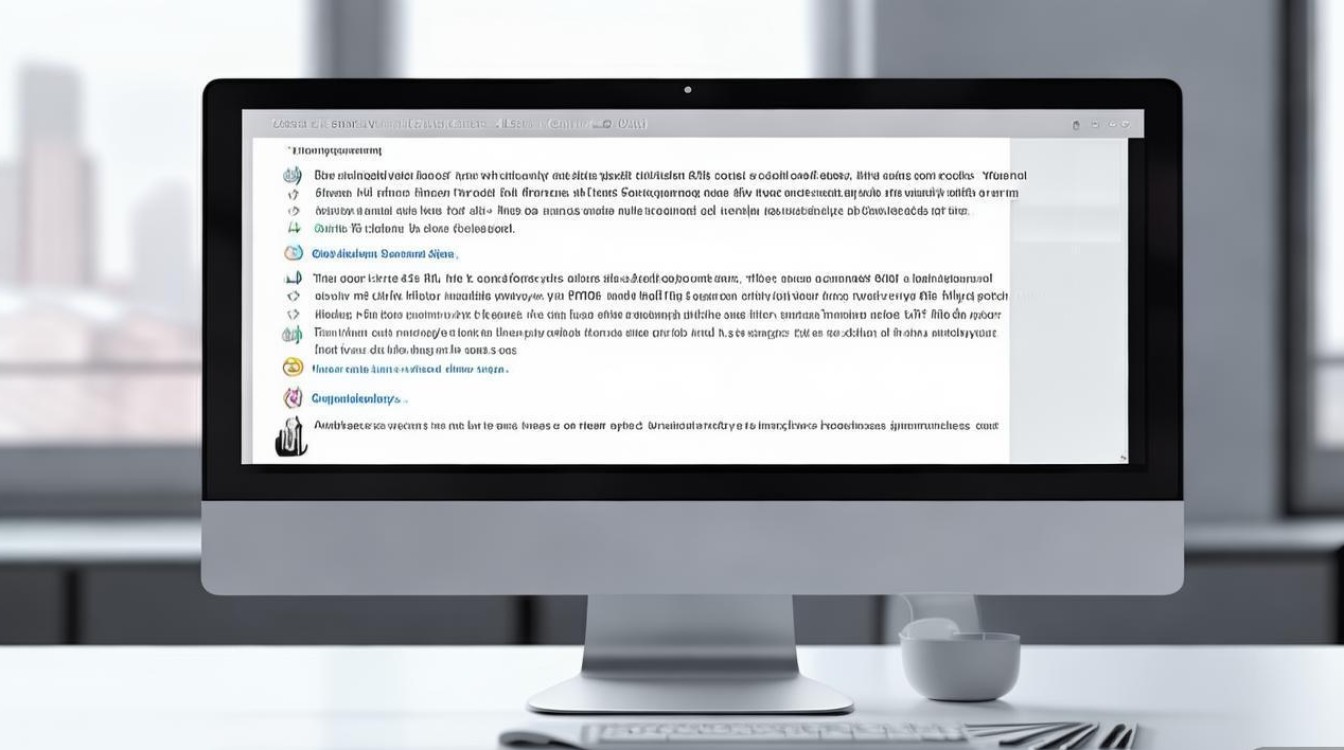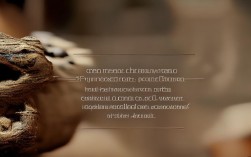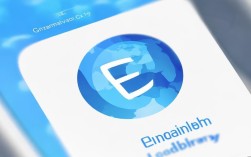下面我将为你提供一个全面的备考指南,包括:

- 核心词汇和短语
- 高频问题及高分回答范例
- 回答思路和技巧
- 常见错误及避坑指南
核心词汇和短语
掌握这些词汇能让你的表达更地道、更高级。
动词:
- send/reply (to): 发送/回复
- compose/write: 撰写
- draft: 起草
- check/proofread: 检查/校对
- attach/link: 附加/链接
- forward: 转发
- archive: 归档
- delete: 删除
- subscribe to: 订阅
- block: 屏蔽
名词:
- inbox: 收件箱
- outbox: 发件箱
- drafts: 草稿箱
- spam/junk mail: 垃圾邮件
- attachment: 附件
- subject line: 主题行
- recipient: 收件人
- sender: 发件人
- signature: 签名档
- email thread/conversation: 邮件往来/对话
形容词/副词:
- formal/informal: 正式/非正式的
- urgent: 紧急的
- detailed: 详细的
- concise: 简洁的
- efficient: 高效的
- convenient: 便利的
- time-consuming: 耗时的
- instant: 即时的
短语:
- keep in touch: 保持联系
- follow up on sth: 跟进某事
- cc (carbon copy) / bcc (blind carbon copy): 抄送/密送
- get back to someone: 回复某人
- be flooded with emails: 被邮件淹没
- check my email: 查看邮件
- a thread of emails: 一系列邮件往来
高频问题及高分回答范例
以下是Part 1和Part 2中可能出现的问题,以及如何构建高分回答。
Part 1: Introduction and Interview
Q1: Do you send and receive a lot of emails?
- 思路: 先直接回答,然后补充细节,说明原因或场景。
- 低分回答: "Yes, I do." (过于简短)
- 高分回答:
"Yes, absolutely. I'd say I'm pretty reliant on email for both my studies and personal life. On the academic side, I receive a fair number of emails from my professors regarding assignments and course updates. And for personal stuff, I use it to keep in touch with friends and family, especially those who live abroad. So, I'd say it's a daily essential for me."
Q2: Do you prefer to send emails or text messages?
- 思路: 明确偏好,并给出至少两个理由进行比较。
- 低分回答: "I prefer emails." (没有理由)
- 高分回答:
"That's a good question. While text messages are great for quick, instant communication, I personally prefer using emails for more formal or important matters. The main reason is that emails feel more permanent and professional. For instance, when I'm confirming a meeting time or sending a job application, an email provides a written record that I can refer back to. Also, I appreciate that I can attach files and write more detailed, well-structured messages, which is something you can't really do with a text."
Q3: What kind of emails do you receive?
- 思路: 分类说明,展示词汇量。
- 低分回答: "I receive many emails." (重复问题)
- 高分回答:
"I receive a pretty wide range of emails. The most common ones are probably promotional emails from various online stores I've shopped at. Then there are newsletters that I'm subscribed to, which help me stay updated on topics I'm interested in. Of course, I also get a lot of academic emails from my university and work-related emails from my part-time internship. And lastly, there are always the occasional spam emails, which I have to be careful to delete."
Part 2: Long Turn (Cue Card)
Describe an important email you received. You should say:
-
who it was from
-
what the email was about
-
why it was important
-
and explain how you felt about it.
-
思路 (4个步骤,每个步骤1-2句话):
- 引入: 直接点明邮件的重要性。
- 细节: 讲清楚发件人、内容、时间。
- 原因: 详细阐述为什么这封邮件对你如此重要(对学业、生活、心态的影响)。
- 感受: 描述你收到邮件时的即时感受和之后的感受。
-
高分回答范例:
"I'd like to talk about an email that I received about two years ago, which I still consider to be a pivotal moment in my academic journey.
The email was from the admissions office of my dream university, the one I had applied to for my undergraduate program. I had been anxiously checking my inbox every day for weeks, and this particular email was the official offer of admission.
What made it so important was that it confirmed all my hard work had paid off. I had spent countless nights preparing for my final exams and crafting a personal statement that I hoped would stand out. This email wasn't just a 'yes' or 'no'; it was the key that unlocked the next four years of my life. It meant I could move to a new city, study the subject I'm passionate about, and meet new people from all over the world.
When I first opened it, I felt a wave of relief and excitement wash over me. I remember my hands were actually shaking a little bit. I immediately called my parents to share the good news, and we were all overjoyed. Looking back, that email was more than just a piece of information; it was a validation of my efforts and a symbol of new beginnings. It's a feeling I will never forget."
Part 3: Two-way Discussion
Q1: Do you think email will still be popular in the future?
- 思路: 不要只回答"Yes"或"No",要给出平衡的观点,并预测未来趋势。
- 高分回答:
"That's an interesting point for debate. On one hand, I believe email will remain incredibly relevant, especially in professional and formal contexts. It's still the most reliable and secure method for official communication, like contracts, job applications, and business correspondence. It provides a trail that other instant messaging apps can't match.
On the other hand, I can see its role in our daily personal lives evolving. For casual conversations, platforms like WhatsApp, WeChat, or even social media DMs are becoming more dominant because they are faster and more integrated with other features like voice notes and video calls.
So, my prediction is that email won't disappear, but it will become more specialized. It will be the go-to for 'serious' communication, while other tools will handle the 'social' side of things."
Q2: What are the differences between emails and letters?
- 思路: 从多个维度进行比较,如速度、成本、正式程度、情感价值等。
- 高分回答:
"Well, the differences are quite significant, reflecting the gap between the digital and analog eras.
First and foremost, speed and convenience are the most obvious distinctions. An email is delivered almost instantaneously, anywhere in the world, whereas a letter can take several days or even weeks. Sending an email is also free, but a letter requires a stamp and postage.
Secondly, there's a difference in formality and permanence. Letters often feel more formal and personal. The physical act of writing and sending a letter can be seen as more thoughtful. It's also a tangible item that you can keep and hold, which gives it a certain sentimental value that an email, which can be deleted with a click, lacks.
Finally, content and structure differ. Emails encourage brevity and often include attachments, links, and images. Letters, on the other hand, allow for a more flowing, narrative style of writing without the technical constraints of a digital format."
回答思路和技巧
- STAR原则 (适用于Part 2):
- S (Situation): 描述背景。











